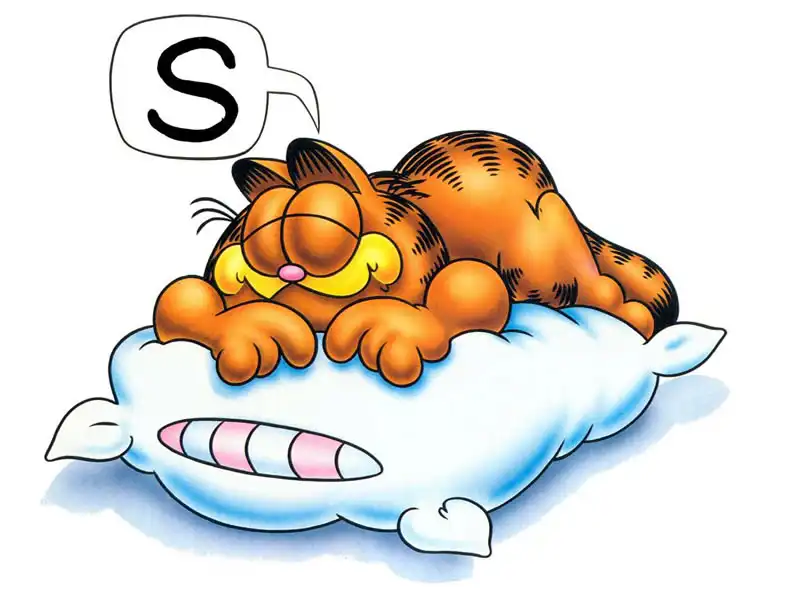
They say you need 8 hours a night, but way too many of us dip into sleep as work time. Before long, you’re scraping by on 6 hours of sleep, perhaps even less.
But quality sleep is directly related to how you behave at work. Some forward-thinking workplaces even offer their employees nap rooms for a quick middle-of-the-day nap. Solid science tells us that regular sleep makes you happier, keeps you healthy, improves your mood, and maintains motivation and focus at work. If sleep isn’t one of the tools you’re using to find success at work, then you’re doing it all incorrectly.
Here’s what you should be doing in order to fully embrace sleep as the tool that it is.
Consistent bedtime is the name of the game. Your body has natural biorhythms to keep it in sync with your daily life. Your body wants to rely on habits as a default, so why not help it? Find a reasonable time that you can be in bed each night, stick to that time, and get in harmony with routine.
Don’t eat or drink right before bed. This is especially true for items containing caffeine or alcohol, which can disrupt a healthy sleep — caffeine will keep you awake while alcohol commonly causes people to have distressed sleep for the second half of the night. Putting new food and drink in your body keeps certain systems running past the time they should run. You want your evening to be about shutting down, not starting up.
Throw away your computer and phone. These are only distractions that will keep you from drifting away to the rest you know you’d rather be having. It’s too easy for one last email check to turn into an extensive back and forth requiring multiple people to be cc’d, meanwhile, you’re only losing sleep before getting right back to work at the same time every morning. The overwhelming rule of thumb should be: after a certain time of your choosing, things simply need to wait till the morning.
Unwind ahead of time. Ideally this means something like reading in bed before turning the lights out. You might also try journaling your thoughts, or some form of meditation. The takeaway from all of these is the same: you are establishing a pattern that tells your brain it’s time to wind down by doing something low-impact that you enjoy.
Get out of bed if you don’t want to sleep. Why add to the anxiety of wanting to be elsewhere if you’re forcing yourself to be in bed against your wishes? Give yourself permission to be doing other things if you’re sincerely more interested in them at that moment. Train yourself to associate your bed as a place for sleep and sleep alone, not a place to lie awake at night, agonizing over the other stuff you have to do.
Don’t hit the snooze button. Set a productive, go-getting tone to your day by getting up immediately and without second thought. It’s hard, a veritable mind over matter trick, but it gets easier in time. This small bit of A.M. intentionality is a push in the right direction that can carry you far throughout your workday.
In simplest terms, you operate your waking life on a schedule in order to perform at highest standards. Give your sleep life the same respect — schedule it and respect it, as it’s what recharges you nightly to keep you performing that well.